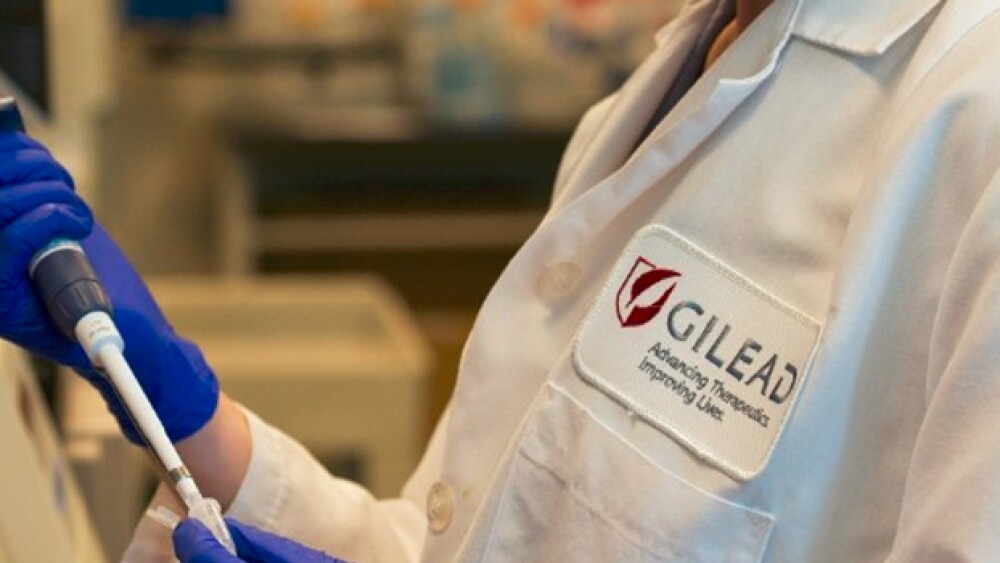Gilead will pay an upfront payment of $175M, with additional milestone payments of up to $322M.
Foster City, Calif.-based Gilead Sciences and its subsidiary, Kite Pharma are buying Cell Design Laboratories in a deal that could hit $567 million.
In late August, Gilead acquired Kite Pharma for about $11.9 billion. Less than two months later, the U.S. Food and Drug Administration (FDA) approved the two companies’ Yescarta (axicatagene ciloleucel, or axi-cel), only the second CAR-T therapy to be approved.
Cell Design Labs is developing two proprietary technology platforms, synNotch, which can be used to engineer CAR-T cells that need dual antigen recognition for activation, and Throttle, which the company describes as an “on switch” that controls CAR-T activity. Currently, Kite owns 12.2 percent of Cell Design Labs shares.
Under the terms of the deal, Gilead and Kite will buy all outstanding shares of Cell Design Labs for up to $567 million. There will be an upfront payment of $175 million and additional milestone payments up to $322 million.
“We are excited about the potential of the synNotch and Throttle technology platforms and the application of these technologies to complement ongoing Kite research and development efforts,” said John Milligan, Gilead’s president and chief executive officer, in a statement. “This acquisition demonstrates our deep commitment to continuing to invest in future innovation in the field of cellular therapy, both internally and externally. Cell Design Labs’ talented team of cell biology experts will augment and accelerate our work to bring forward new generations of CAR-T and TCR therapies, building on our acquisition of Kite earlier this year and our efforts to improve care for people with advanced cancers.”
Cell Design Labs’ tech platforms were developed by Wendell Lim, a researcher with the University of California San Francisco. Cell Design Labs was launched with about $34 million, led by Kleiner Perkins, and included Kite, Osage Ventures, Mission Bay Ventures, and Brian Atwood, president, chief executive officer and co-founder of Cell Design Labs, and Arie Belldegrun, founder of Kite and a member of the Cell Design Labs board of directors.
“We have been working with Cell Design Labs for almost 18 months, and truly appreciate the groundbreaking nature of their technology platforms,” David Chang, the head of Kite’s R&D told Endpoints News. “We’ve already integrated Throttle Switch into our CAR-T pipeline and look forward to exploring the full depth and breadth of the technologies of Gilead, Kite and Cell Design Labs to expand the cell therapy toolbox.”
John Carroll, with Endpoints News, has been covering Cell Design Labs since the fall of 2016. He wrote then, “Lim believes you can use synNotch to essentially create a cell bot that can be mustered into armies of patrolling therapeutics. In what amounts to developing living micro devices, Lim believes the technology can be used to program T cells to produce checkpoint inhibitors, bispecific antibodies and customizable cytokines, among other things. And it can also be integrated into CAR-T with a suicide switch.”
And the company’s chief executive, Brian Atwood, told him at the time, “The way I view [CAR-T] the last couple of years and months, these are a first-generation cruise missile. They went to an address and blew up. The products in the clinic today are pretty crude. For ALL and CLL patients, they’re pretty amazing, but there’s no controllability. That’s Wendell’s thing.”
Which emphasizes a change of priorities for Gilead, as promised when it acquired Kite, placing more of its resources into the oncology market.





